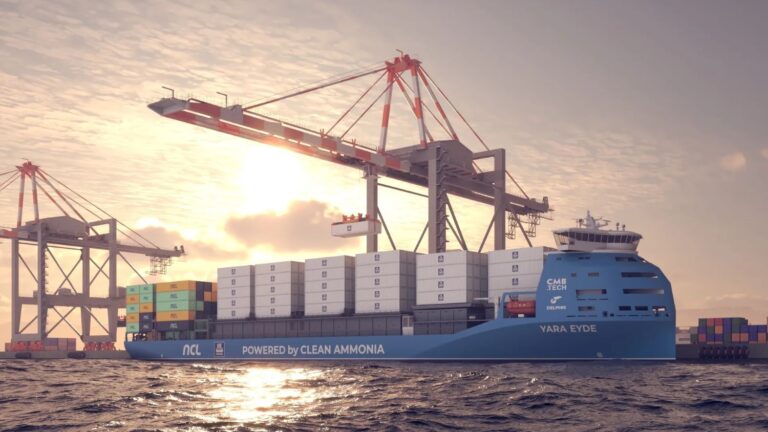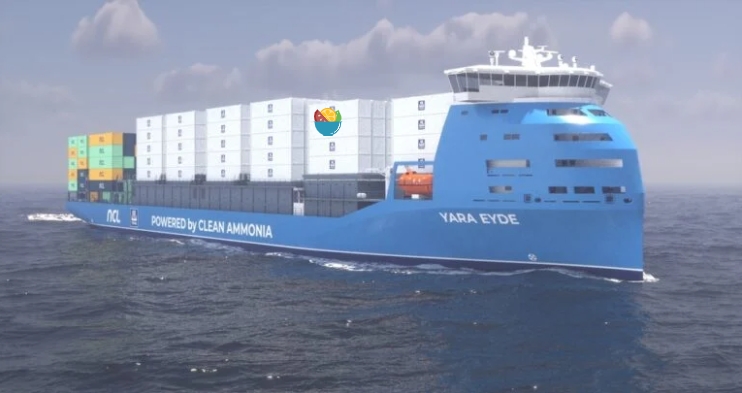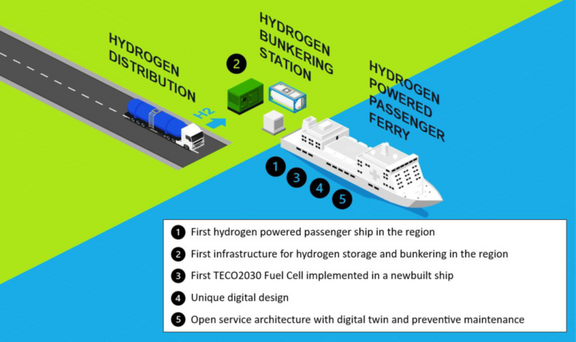 Agneta Rising, World Nuclear Association director general (Image: WNA)
Agneta Rising, World Nuclear Association director general (Image: WNA) The rhetoric from many world leaders at the climate summit in Madrid was, unsurprisingly, laden with foreboding and a strong sense of urgency on taking robust climate action. Proclaiming a transition to an electricity system powered by 100% renewables is seemingly the latest fashion, and prevalent in contemporary discourse.
However, the Economist Intelligence Unit’s recently published Industries in 2020 report concluded that generation from renewables is not increasing fast enough to keep global warming within the goals set in the Paris Agreement. With batteries large enough to support a modern economy for days - let alone weeks - remaining elusive, and coal falling out of favour, the modern economy requires other, more reliable, energy sources.
In this vacuum, opportunists have entered the field. Some of the biggest cheerleaders for renewables are, paradoxically enough, the fossil gas companies. Some of these have embarked on flashy public relations campaigns, proudly proclaiming that renewables, heavily backed by 'natural' gas, is the path to a low-carbon future.
Such campaigns are not new. One was recently found to be misleading by the Advertising Standards Agency, but has by all accounts been undeniably successful: for more than 50 years, greenhouse gas emissions from fossil gas have been on the rise, and have become the fastest-growing source of greenhouse gas emissions. This, in turn, has contributed to the largest increase in fossil CO2 emissions globally in recent times.
The facts, however, are indisputable: so-called ‘natural’ gas is, and remains, fossil gas, and inevitably contributes significantly towards climate change. An article recently published in Nature by the Global Carbon Project makes it abundantly clear that fossil gas "…may displace some coal in power generation, but it offers at best a short-term solution, as once coal is displaced the CO2 emissions continue, albeit at a lower rate" and that "in some instances, natural gas could lead to worse outcomes for the climate than coal", owing to regular fossil gas leaks, with methane being more than 25 times more damaging than carbon dioxide.
This shift away from coal in favour of fossil gas is already seen in major economies around the world, such as the UK and the USA. Fossil gas, whilst being pitched as a short-term solution, is increasingly looking like the new King Coal. However, the multi-billion fossil gas expansion will only enhance our fossil fuel gluttony. The fossil gas industry's long-promised solution - gas with Carbon Capture and Storage (CCS) - remains largely unproven at commercial scale and, according to the Global CCS Institute database, there is not a single large-scale CCS facility for power generation under construction in the world.
Against this backdrop, policymakers have only one realistic option at hand for any energy policy aimed at achieving carbon neutrality - to once again welcome the stable and reliable baseload supply of power that nuclear reactors provide. It is clear, with global emissions still rising, that the current energy paradigm is broken.
A world of renewables without nuclear energy is a world of continued dependence on fossil gas. We cannot, however, afford to wait - we need every part of the puzzle to contribute towards solving some of the greatest challenges faced by humankind in a very long time. The impacts of climate change will hit the poorest and most vulnerable first, and failing to act will have significant humanitarian consequences. Increasing reliance on fossil gas will also potentially harm the economy in the long term by complete dependence on an inherently price-volatile and geopolitically unstable commodity. This, in turn, will also undermine energy security across the world.
Nuclear reactors are the silent giants of today's energy system - the low-carbon backbone of many electricity systems, operating in the background, day in and day out, often out of sight and out of mind, capable of delivering immense amounts of power, regardless of weather or season, allowing us to focus on everything else in life.
If we are truly serious about combating climate change, it is contradictory to spend billions on expanding the global gas infrastructure apparatus. The rhetoric from world leaders at the climate summit in Madrid constantly stressed the importance of deep and rapid decarbonisation. Nuclear energy is a readily-available technology which can be expanded quickly across the world, and extending the operations of current reactors is, as highlighted by the International Energy Agency, one of the most cost-effective ways of providing low-carbon electricity.
Nuclear energy can help solve some of the most defining challenges humanity faces - be it poverty, energy security or climate change. It holds the potential to herald a new, cleaner and truly sustainable world - enabling us to pass on a more equitable, safer, and cleaner planet to our children - and to their children, too.







